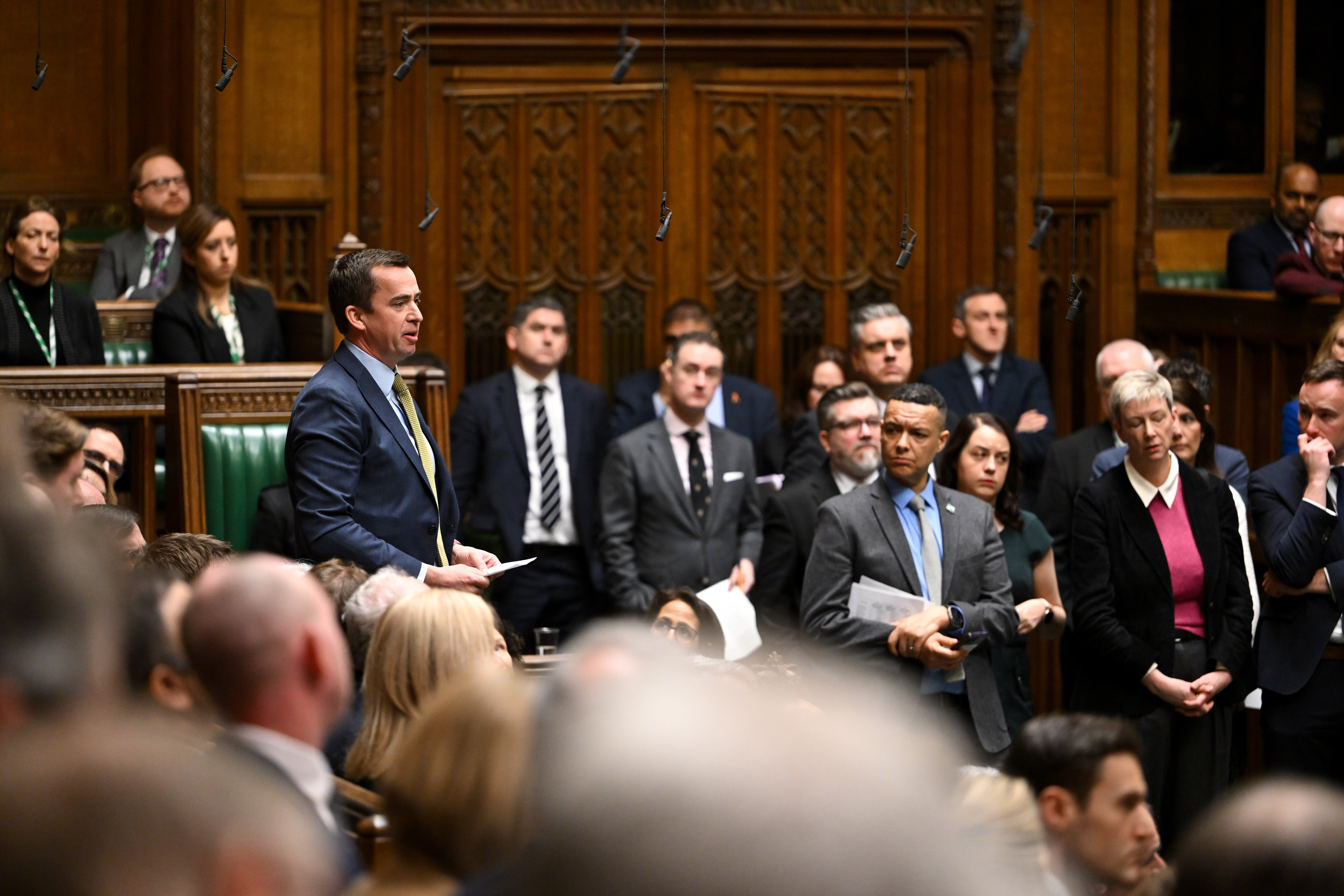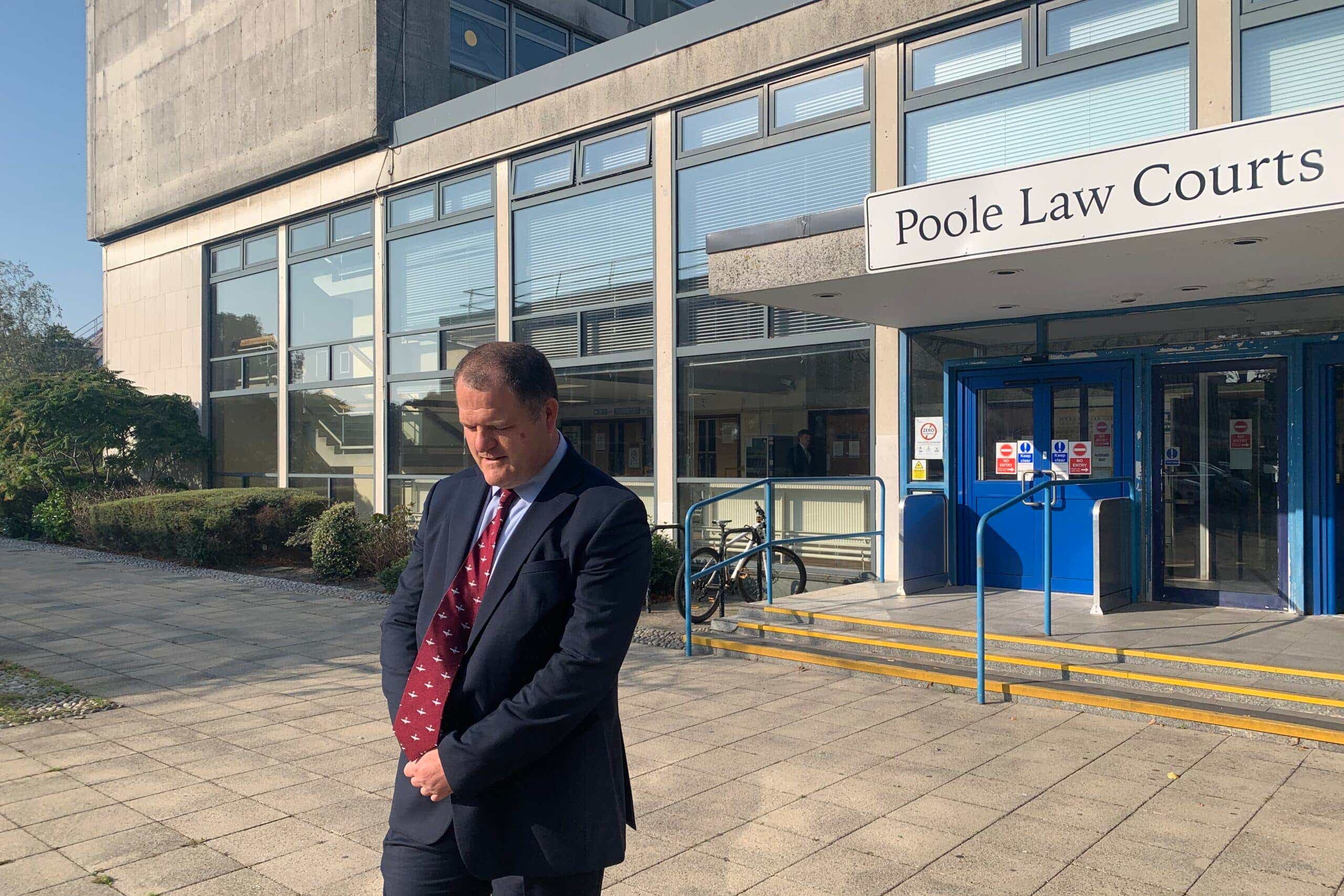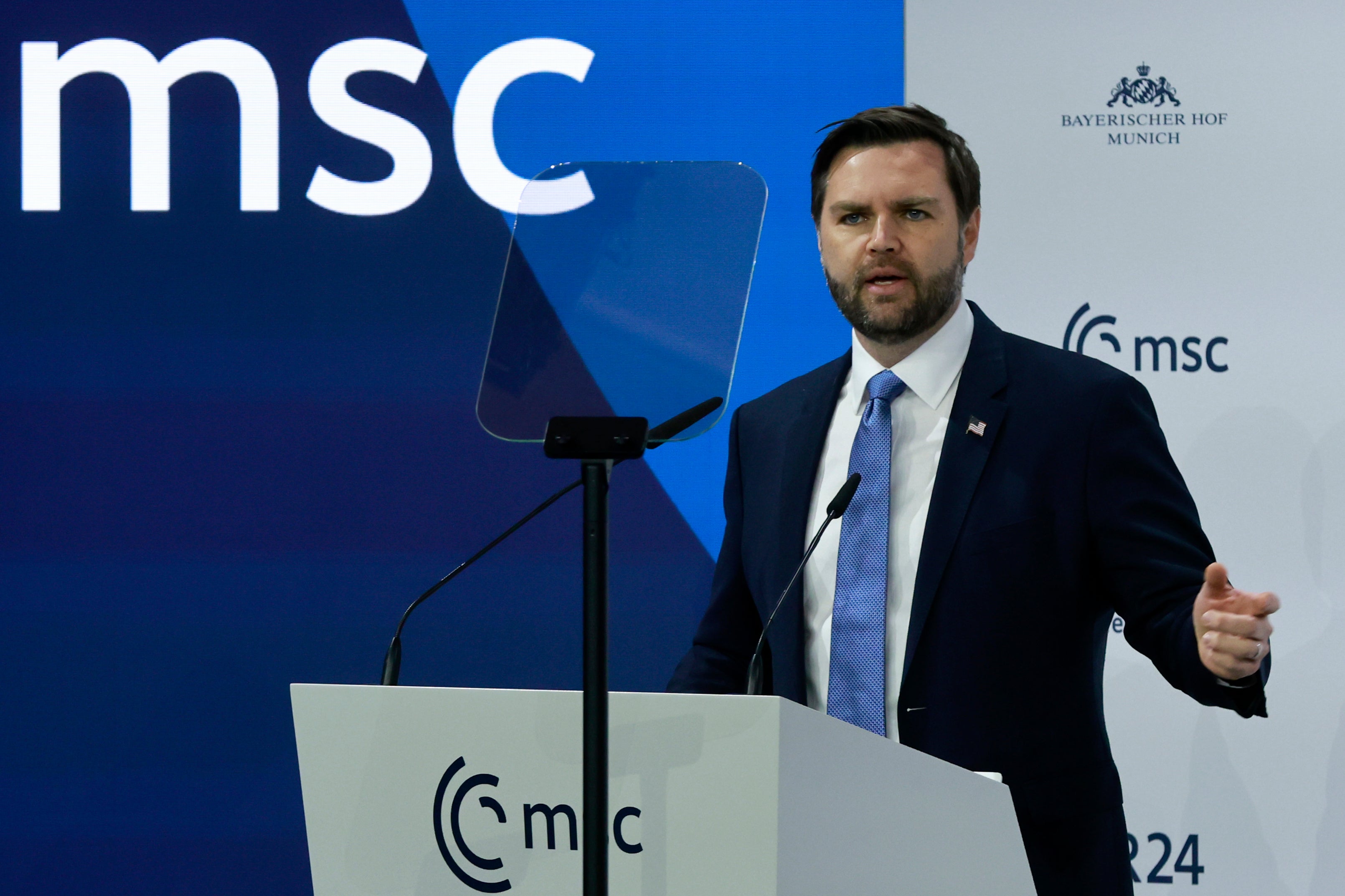Trump administration accused of hypocrisy after claiming the UK and Europe are ‘trampling democracy’
The US state department says court orders against anti-abortion activists in the UK, who were punished for protesting outside clinics, represent a ‘suppression of religious freedoms ‘
Donald Trump’s administration has been accused of hypocrisy after claiming that the UK and Europe are “trampling democracy”.
In a post on the Substack blogging platform, the US state department accused governments of “weaponising political institutions” to turn the continent into a “hotbed of digital censorship, mass migration, restrictions on religious freedom, and numerous other assaults on democratic self-governance”. The piece broadly criticises the so-called ‘global liberal project’ but highlights the UK and Germany in particular.
The comments echo previous US claims that the greatest threat to European security was not Russia but the continent’s suppression of the right and anti-abortion activists.
“Americans are familiar with these tactics,” the post says. “Indeed, a similar strategy of censorship, demonization, and bureaucratic weaponization was utilized against President Trump and his supporters.
“What this reveals is that the global liberal project is not enabling the flourishing of democracy. Rather, it is trampling democracy, and Western heritage along with it, in the name of a decadent governing class afraid of its own people.”

The Liberal Democrats hit back at the post and accused the Trump administration of trying to enact a “dystopian vision” of liberty.
“Britain doesn't need lectures about political freedom from the acolyte of a President who tried to undermine American democracy and now praises Putin,” Calum Miller, a Liberal Democrat MP and the party’s foreign affairs spokesperson, said.
“The British people will see straight through this hypocrisy. We have a proud tradition of free speech in this country - and one which continues long after Trump has left office.
“It's Trump’s own dystopian vision for America's future which poses the greatest threat to liberty in the US.”
The blog post cited two Britons, Adam Smith-Connor and Livia Tossici-Bolt, who were both found guilty of breaching public spaces protection orders by standing outside abortion clinics holding signs and silently praying, as evidence of the UK’s assault on free speech and religious rights. They also referred to figures published by The Times showing that ‘at least 12,000 people a year’ were being arrested for online posts.

The author of the Substack post, Samuel Samson, a senior advisor for the Bureau for Democracy, Human Rights, and Labor (DRL), met both Smith-Connor and Tossici-Bolt during a trip to the UK in March. The purpose of Samson’s March trip, according to The Telegraph, was to “affirm the importance of freedom of expression in the UK and across Europe”.
His Substack post was titled “The Need for Civilizational Allies in Europe”, a reference to vice president JD Vance’s claims that Europe is succumbing to “the threat from within”, namely European governments censoring those they do not agree with.
The blog also accused Germany, France, Romania and Poland of implementing a “strategy of censorship, demonization, and bureaucratic weaponization” by arresting, designating or banning far-right political parties, before suggesting Trump and his supporters had been subjected to the same treatment.
It praised Hungary, run by an administration that has orchestrated a widespread crackdown on the free press and LGBT rights, as a “Christian nation … unjustly labeled as authoritarians and human rights abusers”.

“Our concerns are not partisan but principled,” the paper claimed. “The suppression of speech, facilitation of mass migration, targeting of religious expression, and undermining of electoral choice threatens the very foundation of the transatlantic partnership.”
It added that Europe’s actions were “increasingly affecting American security and economic ties, along with the free speech rights of American citizens and companies”.
The blog post was a follow-up from Mr Vance’s February speech to the Munich Security Conference, in which he lambasted Germany for its post-Second World War policy of refusing to work with the far-right.
As attendees expected him to speak of the renewed threat posed by Vladimir Putin’s Russia, the US politician instead chose to claim European anti-extremism was the principal concern for the continent’s security.
The German far-right party Alternative for Germany (AfD) went on to win a fifth of the popular vote in national elections later that month.
They have since been designated far-right extremists. The country’s domestic intelligence said in a statement that “the ethnicity- and ancestry-based understanding of the people prevailing within the party is incompatible with the free democratic order”.
Join our commenting forum
Join thought-provoking conversations, follow other Independent readers and see their replies
Comments